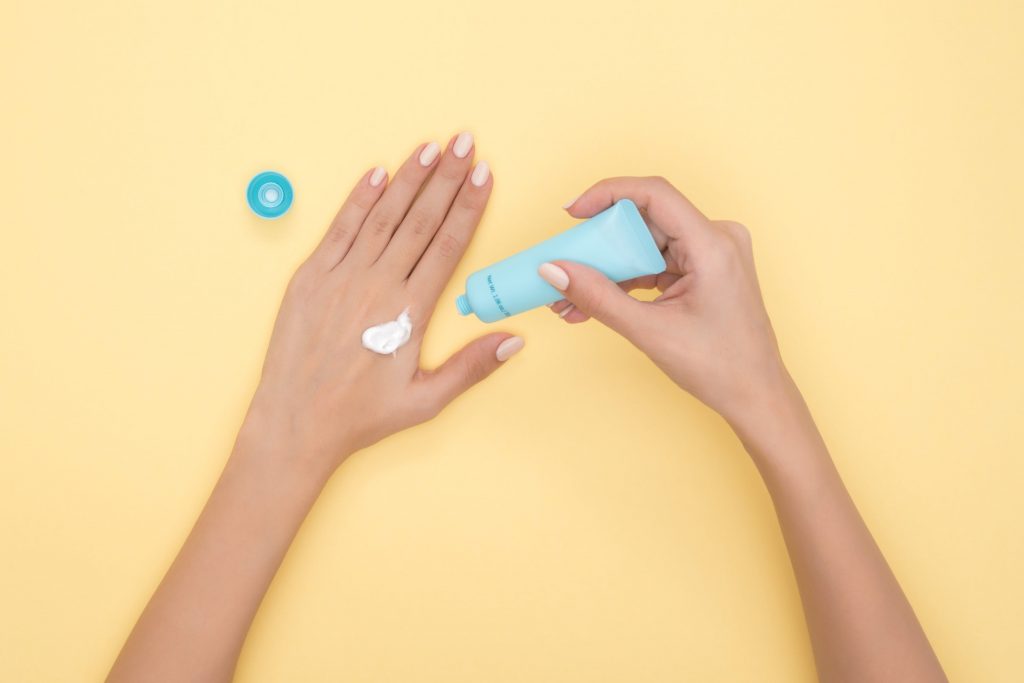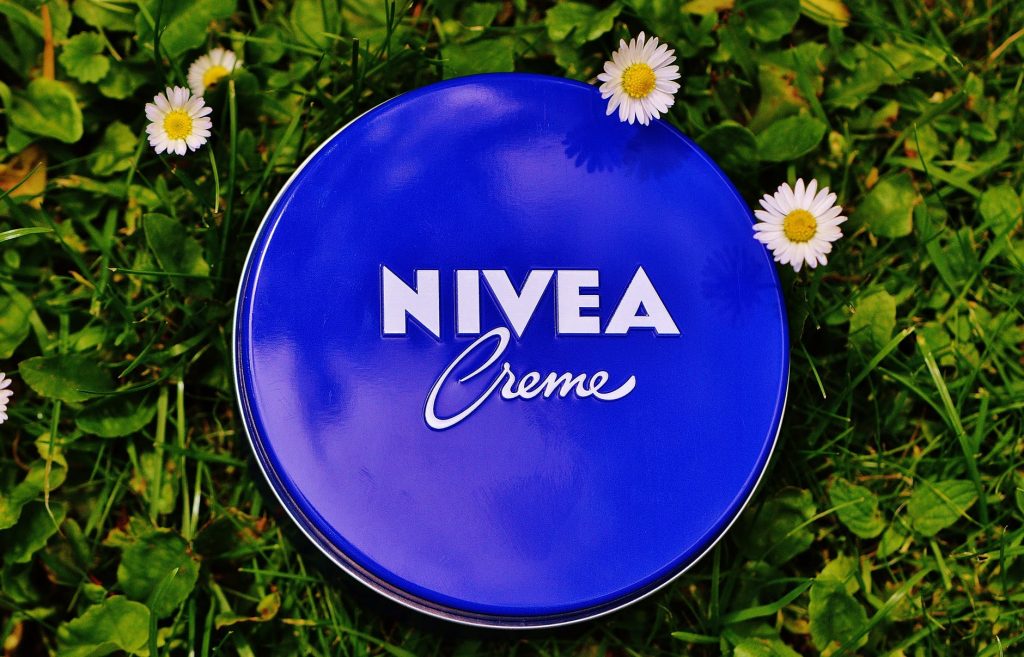“Research is creating new knowledge.” – Neil Armstrong
As a business owner, product or brand leader, you may be asking, what is market research and why is it important?
1. Market research gives you certainty
Market research allows you to study the market that you are involved in, discovering valuable information and insights about your customers, your competitors, and the product/ service that you plan to offer. All of this can be obtained before committing to new business ventures, helping your company to make informed business decisions and avoid unnecessary risks.
How can market research do this? Let us count the ways.
Meet Matthew and his wife, Jen.
They’re a newlywed couple in their 30s. Both are well educated and driven.
Like many young people, they dreamt of having their own business. Jen had been working as an esthetician for five years. So, she was familiar with the skincare market. Matthew’s background was in organic farming.
Sounds like an odd combination for a business, right?
Well, it was perfect. With their combined skills and experience, Matthew and Jen wanted to:
Create a successful organic skincare product using natural herbs and botanicals.
Even with their backgrounds and experience, they still knew they needed to find out….
- Who is my ideal customer?
- What do they think about my product?
- What do they think about my brand?
- How much are they willing to pay?
Without thorough answers to these questions, Matthew and Jen couldn’t be certain if their product would be successful in their target market, or whether their target market was worth pursuing at all. This is where market research comes in,
2. Market research reduces risk
By employing market research, you can answer the most important questions that all businesses face when entering a new venture.
Who is my ideal customer?
Answering this question about targeting is one of the biggest challenges businesses face. Without answering this question, you can never be completely sure of whether you are marketing the right products to the right people.

Without proper research, the process of actually “defining” the ideal customer can be:
- Overwhelming
- Frustrating
- Inaccurate
- Expensive
Many entrepreneurs start out thinking they “already know” who their ideal customer is. So, they skip this step. That can be a costly mistake. Manufacturing a new product or creating a new service almost always requires a high financial investment that can easily go to waste if you are attempting to sell something unappealing to people who don’t necessarily want it.
Conducting research gives you additional insight from the viewpoint of the consumer. It not only reveals who would be most interested in your products and services. But, it shows you why.
This is much more reliable than proceeding based on your off-hand “knowledge” of the market.
“Without data, you are just another person with an opinion.” W. Edwards Deming
In fact, market research can answer the question of “who is my ideal customer?” at a much deeper level than most people realise.
For example, in the case of Matthew and Jen’s organic skin care products, they initially believed that their target demographic would mainly be women between the ages of 30 and 50. However, when they were actually researching their potential consumer demographic, they realised that within the demographic of women aged 30-50, there was a much wider variety of factors beyond gender and age which determined how consumers in that demographic behaved and the kind of products that they were willing to purchase.

Going deeper in the demographics they discovered the existence of various user personas, groups present in their consumer population which were defined by different sets of characteristics and values such as their goals, motivations and pain-points – all of which would have an effect on how willing they would be to purchase Matthew and Jen’s products at a particular price point.
By digging deeper into these user personas, Matthew and Jen found that among the demographic of women aged 30-50, those who had higher incomes and who valued their public appearance of being seen as fashionable and trendy were those who were most likely to purchase their product.
Once they were sure of whether they had a suitable consumer demographic figured out, they could move on to the next question.
What do people really think about our product?
3. Market research gives you a competitive advantage
They created the base organic moisturiser. But, weren’t sure what scent would be most appealing to customers. So, they mixed four different samples:
- Lavender infused moisturiser
- Green tea infused moisturiser
- Lemongrass infused moisturiser
- Scent free moisturiser
Then, they had face-to-face market research done. That consisted of lots of product testing and placements. Both Matthew and Jen were sure #1 (Lavender) would be the most popular, but fortunately they went with the wise decision of carrying out proper product testing to see which samples were most successful among the customers. Based on their knowledge of market research and product testing, they knew that the product had to be tested under the right conditions in order to get unbiased feedback from potential consumers.

When it came to doing the tests in practice, one of the measure they took was to make sure that all the moisturiser samples were offered to the consumers from similar plain white bottles so that the packaging would not influence how the consumers thought about the product. Furthermore, they dispensed the exact same amount of moisturiser sample to each consumer during the test so that the way each consumer experienced each sample was consistent.
At the end of the test, they were completely surprised when #4 was the stand-out winner.
They discovered that:
- Women did not want a scented product on their face and
- There were no other organic scent free products like theirs on the market.
Thus, this product testing phase had saved them from wasting money on production of the scented moisturisers that consumers turned out not to want.
Now that they knew what kind of product their consumers wanted, Matthew and Jen had another question to consider:
What do people think about my brand?
First of all, a brand is what sets you and your business apart from other companies and competitors. It is the identity of your business.
Then you need to conduct brand research.
Think about Nike. You probably pictured the “swoosh” logo, right? That’s their brand. Other good examples are McDonald’s and Coca Cola. Or in the case of skincare products, that familiar brand of Nivea.

Using the example above of Matthew and Jen, their brand would need to represent:the two main selling points of their product:
- Scent-free &
- Organic.
They needed to create a branding strategy, something that was made much easier by their market research so far as they had gained information regarding two important questions that every business needs to answer in order to formulate their brand:
- Who is your ideal customer?
- What do they think about your product?
With the knowledge that their customers women who were seeking organic scent free products, Matthew and Jen figured out that they could position their brand by positioning in as a skin-friendly, organic and natural alternative to the harsh chemical skincare products that were being offered by prominent brands. From there, they were able to come up with several concepts and proceeded to carry out concept testing to see which brand concepts appealed most to their target consumers.
They carried out the research online as well as face-to-face, where they presented each potential consumer with 4 to 5 mock-ups of brand logos and packaging ideas, and asked them a set of pre-determined questions in order to figure out which ideas were most appealing to consumers, and which ones instilled the feelings or impressions that Matthew and Jen wanted to be associated with their brand of moisturisers.
With their brand formulated, Matthew and Jen came to one of the most burning questions that every entrepreneur has:
How much are people willing to pay for my product?
From careful research, Matthew and Jen now know:
- Who their ideal customer is.
- Unscented organic moisturiser is a clear winner in their target market.
- Which brand identity concept they have is most appealing.
With all that valuable information at their disposal, Matthew and Jen could then proceed to create packaged samples of their moisturiser to be tested with consumers as a potential new retail product. Furthermore, by mapping out their market and studying the behaviour of their consumers, they were able to gain a much better idea of how and why consumers would use their product, and thus could accurately determine an appropriate price for their product..
4. Market research is an investment, not a cost
By now you may be realizing the importance of market research and the valuable insights that it can yield for your business. Taking the time to have your market professionally studied will almost certainly give you a better chance of success in your particular industry.
Market research increases certainty. Don’t fall into the same trap as the many entrepreneurs who skip this vital step. Cutting corners in this area can be extremely costly.
If you would like to follow in the footsteps of Matthew and Jen and make sure that your next business venture is done right – contact us today to see how we can help your business be certain of success.
[This article was updated on 25th October 2019]


